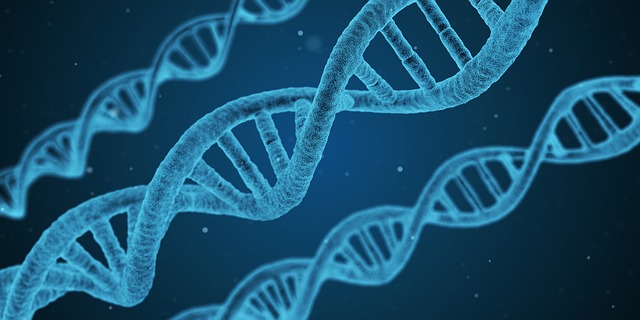At Saint Ambrose College we have devised a Biology curriculum that encourages curiosity and interest in the natural world. Our students are supported to obtain knowledge, understanding and skills to solve problems and make informed decisions in scientific contexts. We encourage students to advance in scientific enquiry, to plan and carry out practical tasks using a variety of different apparatus and to draw relevant conclusions based on the data collected. We highlight the importance of classroom learning by making clear links to real life contexts and careers. We guide students to consider the ethical implications often involved in biological research and scientific developments.

“The environment is God’s gift to everyone, and in our use of it we have a responsibility towards the poor, towards future generations and towards humanity as a whole… In nature, the believer recognises the wonderful result of God’s creative activity, which we may use responsibly to satisfy our legitimate needs, material or otherwise, while respecting the intrinsic balance of creation.” (Caritas in Veritate, Pope Benedict XVI)
We take every opportunity to challenge the students to think independently and to explore their ideas with their peers. Independent learning is encouraged; students are expected to take some responsibility for their own learning in preparation for the next stage of their education.
Through all key stages we wish to inspire a love of learning, helping our students to achieve their highest potential and equipping them with skills and resilience that they may find useful in their future endeavours. Biology teaching at St. Ambrose College emphasises a love for the natural world and all things biological, inspiring students to want to learn more about it on their own.
“Nature cannot be regarded as something separate from ourselves, or as a mere setting in which we live… We are part of nature.” (Laudato Si, Pope Francis)
Biology Subject requirements - what students are expected to learn and how we deliver this:
KS3 –identifying the diversity of God’s creation.
In year 7 and 8 the study of biology is integrated into our holistic science curriculum in which students are introduced to some key ideas (including cells, respiration, nutrition, reproduction and adaptations) and given a hands-on approach to learning investigative skills and promoting scientific thinking. Sciences are taught separately from year 9 laying the foundations required for success at GCSE. For biology we have designed lessons that introduce several low demand GCSE concepts within real life contexts such as Forensic science.
KS4 – appreciating the interactions and co-dependence of God’s creations.
By Year 10 our students will have made the decision to follow either the AQA Combined Science (Trilogy) GCSE or AQA Separate Biology GCSE pathway. Our Combined Science (Trilogy) pathway offers opportunities to refine key transferable skills such as logical thinking, application of mathematical skills and the understanding of abstract concepts. We aim to equip students with investigative skills and competence in use of laboratory apparatus and the ability to evaluate experimental methods and data. The Separate Biology pathway allows students to focus on biological concepts in greater detail establishing it as the perfect route into A Level Biology and a future career within a biological field.
KS5 – understanding the complexities of God’s creations.
Students choosing to study A-level Biology at St. Ambrose College follow the AQA course which provides a smooth transition from the AQA Separate Biology GCSE course. Our A level curriculum places a greater emphasis on developing independent learning skills and the application of knowledge and understanding. We continue to challenge students to think for themselves and try to develop resilience in a supportive environment. We continue to hone practical skills and all students are given the opportunities necessary to pass their practical endorsement.
Further study of Biology and related career opportunities:
Studying GCSE or A Level Biology can lead to a range of careers in Science and Research, medicine and healthcare, agriculture and the environment, sport and fitness, and engineering.
A level Biology is a highly respected academic A level that is regarded as a ‘facilitating subject’ because it offers access to a wide range of university courses and careers. Students will need to have Biology A Level to apply for most degrees in medicine, biology and biological sciences, biomedical sciences, dentistry, dietetics, physiotherapy, orthoptics and veterinary medicine.